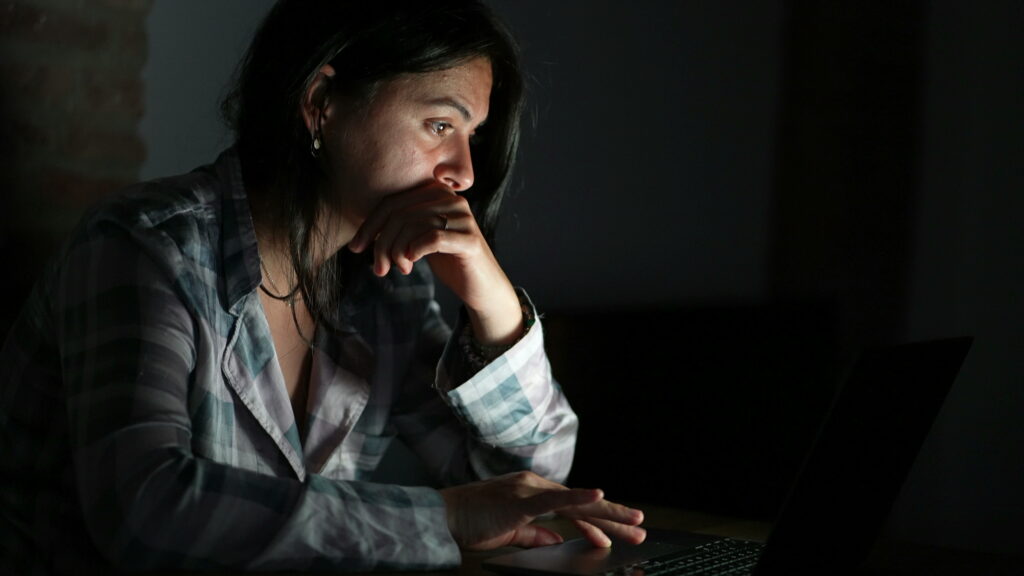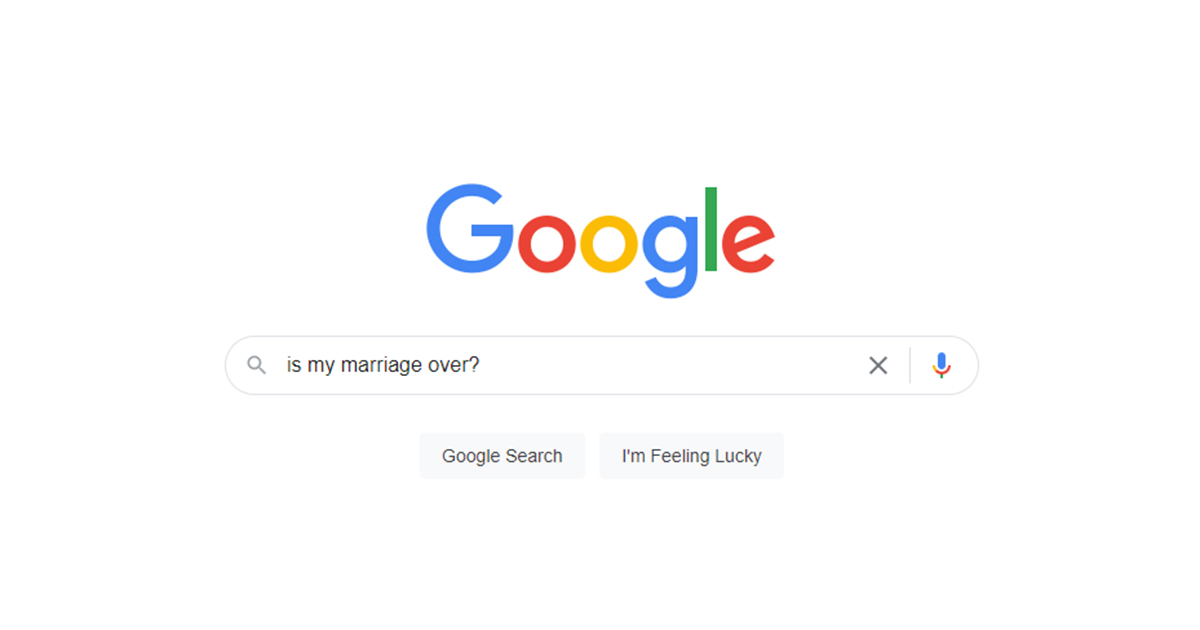Every day we pose thousands of difficult questions about many of life’s most challenging issues. But in 21st-century society, we do not put them to close friends, scientists, professional counsellors or medical professionals. We put them to Google.
That’s right – we ask the world’s most famous and dominant search engine how to sort out our lives. We in effect request guidance and wisdom from banks of servers – silicon chips with more in common with sand than humans.

Searching for answers online
A quick glance over the many articles on ‘most popular searches on Google’ (found via Google of course), gives the initial impression our queries are a mixture of tongue-in-cheek curiosity, personal development and philanthropy.
In recent years, ‘what is twerking?’ ‘how to knit’ ‘how can I volunteer’ and ‘how to draw’ have topped the Google ‘most searched’ lists. But looking in greater depth it is apparent many of us are turning to Google searching for answers to life’s most important and challenging questions.
Topics like ‘what is love?’ and ‘what is anxiety?’ have featured regularly in the top 10 most searched terms. Similarly searches including ‘is my marriage over?’ and ‘I can’t cope’ prove our deepest feelings are being typed across a keyboard on a daily basis. So what does Google (and other search engines) offer that appeals to us so much for these big, life-defining questions?
Why do we take life issues to Google?
Broadly there are three elements that make up the appeal of asking Google how to get our lives back on track. Firstly search engines provide access to millions of sources of information. Secondly, these sources are readily available to us at the click of a touchscreen. Thirdly it is, we believe, a confidential request of information.
But as anyone who has typed ‘sore throat and headache’ into Google and received diagnoses ranging from the mundane to the downright scary knows, access to pages and pages of information is not always helpful. Without an expert to guide you through it, the information can be more damaging than helpful as it is, fundamentally, a mixture of opinion and fact. Determining what is the former and what is the latter is a huge challenge.
What search engines don’t tell us
Constant access to the information can often be utterly counterproductive when we are in the middle of a life crisis. For example, constantly reading statistics on the probability of your marriage ending in divorce is not helpful when you are in the throes of relationship turmoil with your spouse. When our ability to self-regulate access to these ‘answers’ is damaged by circumstances, we need external control in place to help us stop spending every waking hour mulling our problems. And as we know now, our search histories are not just between us and our iPads.
There is however a far better, far more effective solution than tapping away on smartphones: counselling.
Searching for answers with a guide

As leading providers of counselling and relationship support in Scotland, The Spark understands the significant benefits of counselling. Counselling offers a professional guide to help you/you and your partner through the forest of opinions, statistics and fads.
It exposes us to expert knowledge and expertise and allows us to have set times when we deal with the issues we face instead of allowing them to control every thought to the detriment of our emotional and mental wellbeing. And confidentiality between the client and counsellor is absolutely enshrined in that relationship – the foundation of the profession.
Ultimately counselling can provide a depth of knowledge, expertise and human empathy that search engines simply cannot recreate.
Search engines do make a huge and beneficial contribution to our lives. They keep us connected with what is happening in our world, help us to learn new skills, to eat better and to live well. But they are not the best place to take our deepest, most personal thoughts and fears when seeking help and guidance. Working with a professional counsellor is a more effective way to tackle the major questions and issues we all face in life.
Searching for answers?
If you want to talk to a counsellor about difficulties and issues you/ you and your partner are facing complete an enquiry form and a member of our team will contact you at a time convenient to you.
For more information about The Spark visit our website or search for your local The Spark Counselling centre. We have counselling centres across Scotland offering face-to-face, telephone and online counselling.
The Spark also provides a range of free resources to help with life’s challenges.

